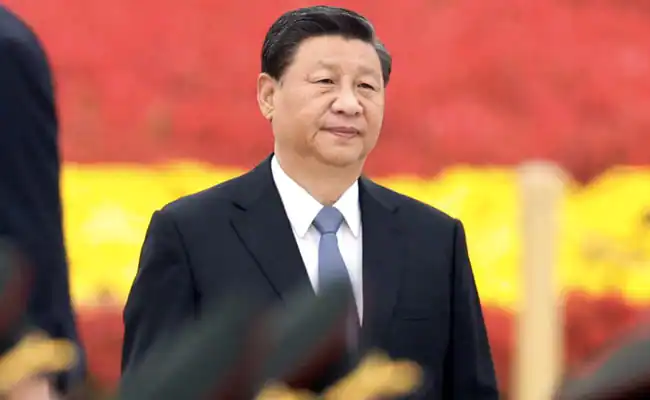The appointment of Xi Jinping’s for the third term as China’s president indicates that Beijing’s coercive policies in global politics would continue as such policies are at the core of Xi’s global agenda, Geo Politica reported.
It can be determined from the fact that China continues to practice military and economic coercion even though COVID-19 disrupted conventional ways of politics and necessitated cooperation among nations.
As per the report, “Chinese coercion” has enhanced its intensity and reach. The report has called Taiwan and countries in the South China Sea and the East China Sea the “victims of China’s egregious behaviour.”
China’s “coercive policies” have extended to Australia, Sri Lanka, some European nations, and Pakistan during Xi’s tenure. Two years back, the bilateral ties between Australia and China was “robust” and Australia was being viewed as closer to China in comparison to the United States. However, Australia became biggest target of Chinese economic coercion for requesting an inquiry into the origin of COVID-19, as per the Geo Politica report.
Even though the bilateral ties between Australia and China have been restored, however, China has continued with its coercive policies. The International policy think tank Lowy Institute said that coercion will increase in the near future as “China’s economy becomes less resource intensive.” Calling it a “punitive action,” the report said that China has imposed a ban on imports of Australian goods and is set to stop using iron ore by diversifying its supplies.
According to the Geo Politica report, China is making use of ‘monopoly’ in rare earth metals as a “weapon” against its rivals and an “instrument of domination.” Beijing has stopped its supply to Japan and threatened to use similar measures with the US and Australia.
China holds 30 per cent of known reservoirs of rare critical earth metals and it is the largest supplier with a share of 70 to 88 per cent in global production. These rare metals are utilised in modern industry as they are important for various goals, including the production of iPhones, EV batteries, and COVID testing kits.
Emily de La Bruyere, a China expert with the think tank Foundation for Defense of Democracies, said that Beijing was using rare earth metals as a “strategic input in global power contests,” as per the Geo Politica report. She noted that Chinese sources discuss taking advantage of rare earth dominance against the US for coercive ends. She added that China’s restrictions with respect to supplies to China indicated Beijing’s “predatory and non-market economic behaviour” as it intended to continue its dominance.
According to the Geo Politica report, US Ambassador to Japan, Rahm Emanuel said that the world realised how China made use of coercion for economic, military and political advantage. Japan and Australia have agreed to a security pact to resist China’s “economic coercion and disinformation.” China has even suspended group tours to South Korea.
The report said that China has tried to use coercion for any reason that fits as per its interests. Beijing imposed a ban on salmon fish from Norway after Chinese dissident Liu Xiaobo was awarded Nobel Peace Prize. China’s “coercive politics” in the Indian Ocean region has “hurt the interest and sovereignty” of friendly nations like Sri Lanka, Myanmar, Bangladesh and Pakistan.
Many European nations became victims of China’s “economic coercion” after they extended support to Taiwan’s democracy and independence. China tried to restrict imports from these nations after they extended support to Taiwan. Experts have claimed that China could take “unconventional and unprecedented” measures as it continues to use “economic coercion” in the future.

